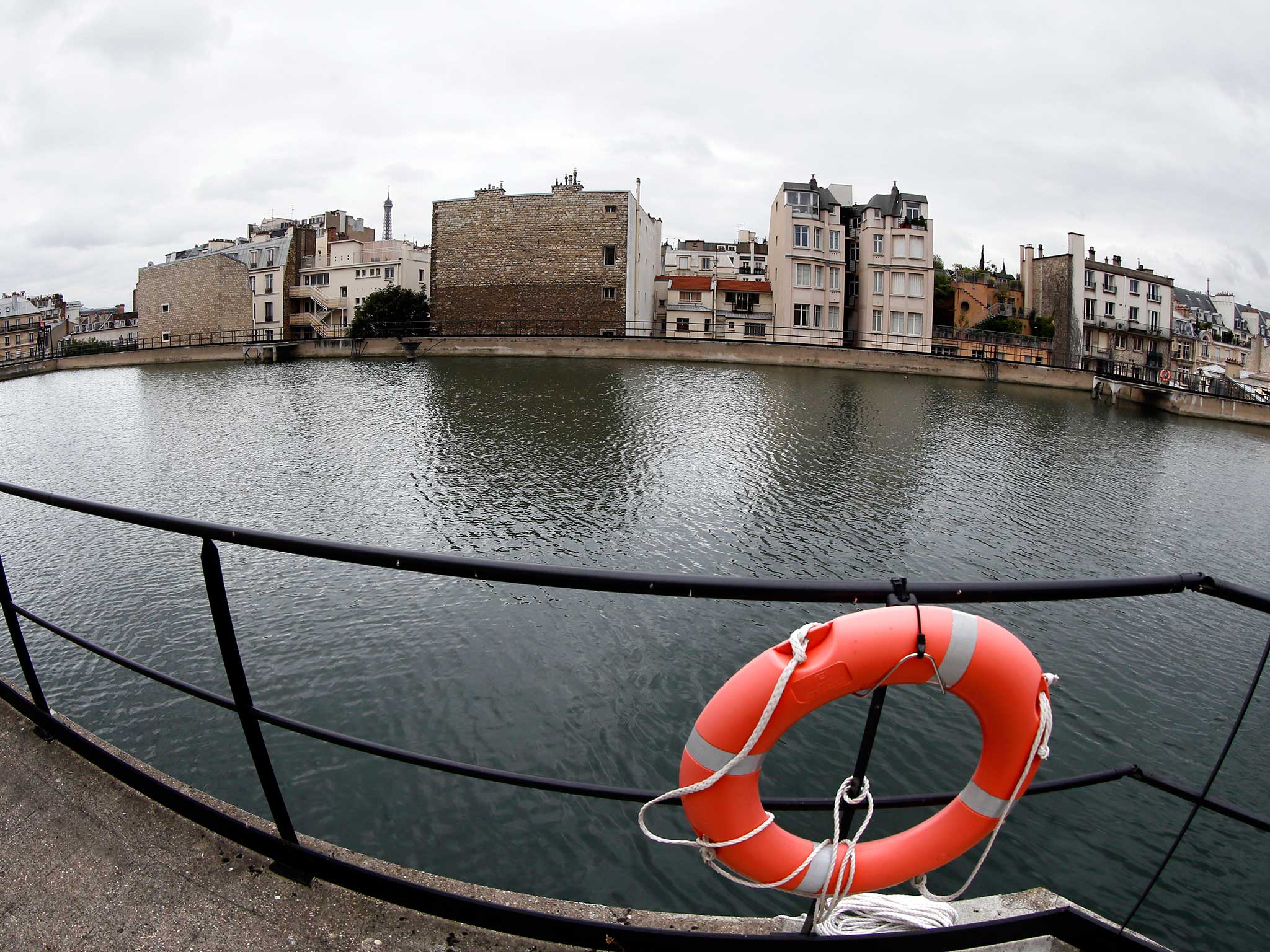Paris attacks: Security around city's water system upgraded following atrocities
French Prime Minister Manuel Valls warned the country could face chemical or biological attacks

Your support helps us to tell the story
From reproductive rights to climate change to Big Tech, The Independent is on the ground when the story is developing. Whether it's investigating the financials of Elon Musk's pro-Trump PAC or producing our latest documentary, 'The A Word', which shines a light on the American women fighting for reproductive rights, we know how important it is to parse out the facts from the messaging.
At such a critical moment in US history, we need reporters on the ground. Your donation allows us to keep sending journalists to speak to both sides of the story.
The Independent is trusted by Americans across the entire political spectrum. And unlike many other quality news outlets, we choose not to lock Americans out of our reporting and analysis with paywalls. We believe quality journalism should be available to everyone, paid for by those who can afford it.
Your support makes all the difference.Security around the water drunk by three million Parisians has been increased following the terror attacks on the capital last week.
Eau de Paris, the public company that oversees the production, storage and distribution of water in the city, also said it had upped the quantity of chlorine added to the water, allowing investigators to more easily determine whether the supply had been tampered with.
Access to the company’s main site has been strictly limited after the French PM Manuel Valls warned the country could face chemical or biological attacks from terror groups.
“The eight people responsible for security, who are the only ones accredited by the Defence Ministry, are in permanent contact with the terrorism unit of the police,” a source told Le Parisen.
Sensors around each entrance are wired to a central mainframe that allows authorities to react swiftly, explained Celia Blauel, president of Eau de Paris.
Ms Blauel, also the vice mayor at the Paris Town Hall, said the sensor were wired to a central control station and “in case of an alert, a police team is sent immediately on site”.
The system allows for parts of Paris’s water supply – should a contamination be detected – to be isolated “without disrupting the entire network”.
Meanwhile, Le Parisen also claimed as many as 10 biohazard suits, typically used when treating ebola patients, had been stolen from Necker Children’s Hospital in central Paris.
Join our commenting forum
Join thought-provoking conversations, follow other Independent readers and see their replies
Comments